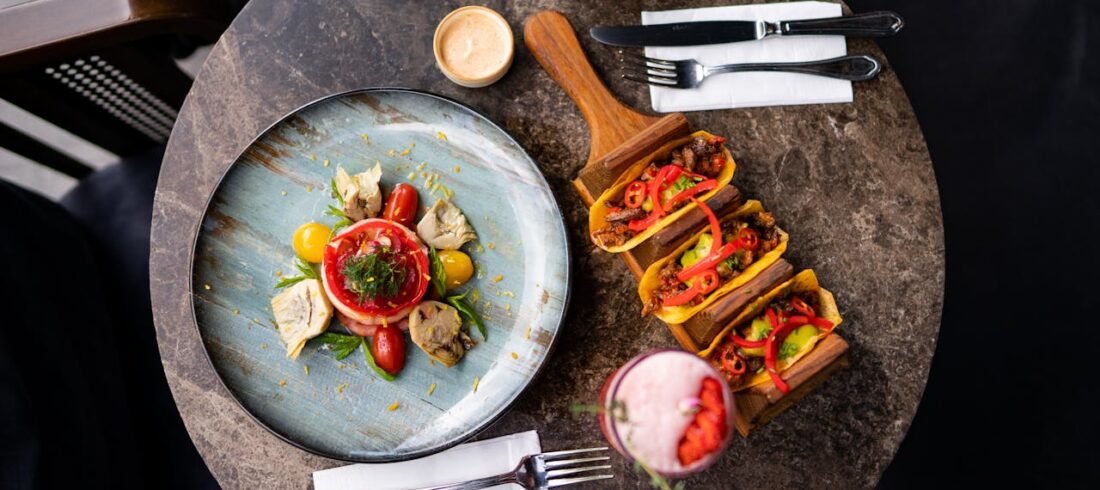- About Us
- Legal Services
- Family Law
- Property
- Marriage
- Immigration
- Contact
- Payments
Now if you are considering starting a business in Thailand. Then you will need to be obtained a restaurant license in Thailand. Likewise you should be aware of the risks and take the necessary steps involved. Finally opening a restaurant in Thailand involves several critical considerations. This will include location, market analysis as well as compliance with local regulations.

The first consideration when opening a retail business is always the location. Without adequate foot traffic, your restaurant will struggle to generate sales. Spend at least two weeks observing potential locations at various times to see which restaurants are busy and when. Additionally, pay attention to the number of patrons and the type of clientele there is also during tourist seasons versus off-seasons. For example, in Pattaya, the customer base can change significantly on weekends and special holidays when many Thai people travel from Bangkok.
Now should you want to start a restaurant in Thailand. Then you will first need to register your business. You will need to complete this step for tax purposes as well as for licensing purposes. Now depending on your turnover, you may also need to register for VAT. The business structure can be a partnership, ordinary partnership, Company Limited (with at least three shareholders), or Limited Partnership (with at least two partners). Consult with a legal expert to determine the best structure for your needs.
Once your business has been registered. You need to obtain the appropriate food license. The type of license depends on the size of your restaurant:
Additionally, you must comply with the ministerial regulations on food hygiene (Form S.O.1). The certificate of notification and food license must be publicly displayed, as mandated by the Public Health Act, Section 38.
Food License Application Process
The costs for the licenses are as follows:
These prices are subject to change, so check with local authorities for the most current information. The following documents are required for the application:
Staff must pass a food sanitation training course, and you must submit proof of this. Documentation varies by location; for example, in Pattaya, documents are submitted to the Pattaya City Office.
• For establishments without VAT registration, the annual fee is 330 THB.
• For establishments with VAT registration, the annual fee is 2,200 THB.
This differentiation ensures that businesses contributing to the VAT system pay a higher fee for the privilege of selling alcohol.
You will note that your restaurant license is valid for one year. This has to be renewed annually. It will not however be as difficult at the the first application. Renewal is simpler than the initial application: you only need to complete Form Sor.5 and pay the renewal fee.
Likewise when operating without a license will result in fines or imprisonment under the Public Health Act, Liquor Act, and Building Control Act. In addition when you are not displaying your license can lead to imprisonment of up to 3 months and a fine of up to 25,000 THB. Additionally, failing to collect the restaurant license within 15 days of issuance will result in its cancellation.
By addressing these considerations and ensuring compliance with all legal requirements, you can successfully open and operate a restaurant in Thailand.
The information contained in our website is for general information purposes only and does not constitute legal advices. For further information, please contact us.
See above if you wish to start a starting a restaurant in Thailand. You will need to ensure that you have a alcohol license for Thailand as well as You might also want to look at the business license for Pattaya on which I have also explained above. Should you have any questions then speak to us online or in person as a well-known business law firm in Thailand.